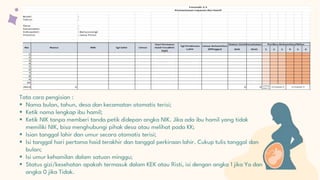Low battery
Battery level is below 20%. Connect charger soon.
· a yeast infection can cause a false positive on a pregnancy test. · a yeast infection does not cause a positive pregnancy test result. · can yeast infections affect pregnancy test results? · if you have a yeast infection and are in doubts if it could cause to a false positive pregnancy test, the answer is a simple no. Although hormonal shifts in early pregnancy can set the stage for yeast overgrowth, an … If you think you may have a yeast infection, it’s best to wait to take a pregnancy test until after you’ve been treated for the infection. · if you’re trying to get pregnant, you might be wondering if a yeast infection can affect your pregnancy test results. In short, the answer is “no”. None of the yeast infections can interfere with the pregnancy tests. The short answer is no. These tests are designed to detect the hormone hcg, which is not influenced by the presence of a yeast infection. Yeast infections do not contain the hormone human chorionic gonadotropin (hcg), which is the hormone that pregnancy tests detect. If you have a severe yeast infection, it’s possible that the high levels of yeast in your body could give false-positive results on some home pregnancy tests. No, yeast infections cannot cause a false positive pregnancy test result. · some women may wonder if having a yeast infection can affect the results of a pregnancy test. · a yeast infection before positive pregnancy test sometimes raises questions. People wonder if it confirms early pregnancy or if it is merely a routine yeast issue. Pregnancy tests are designed to detect human chorionic gonadotropin (hcg), a hormone produced by the body only during pregnancy. No, a yeast infection cannot cause false positives on pregnancy tests. Yeast infections do not affect hcg levels and will not cause a test to show positive if you are not actually pregnant. Yes, yeast infections can potentially lead to false positive pregnancy test results due to hormonal changes. Since the yeast infection tends to be chronic and recurrent, and it is among the most common vaginal infections, it is logical to ask if it can interfere with the results of the pregnancy test?



